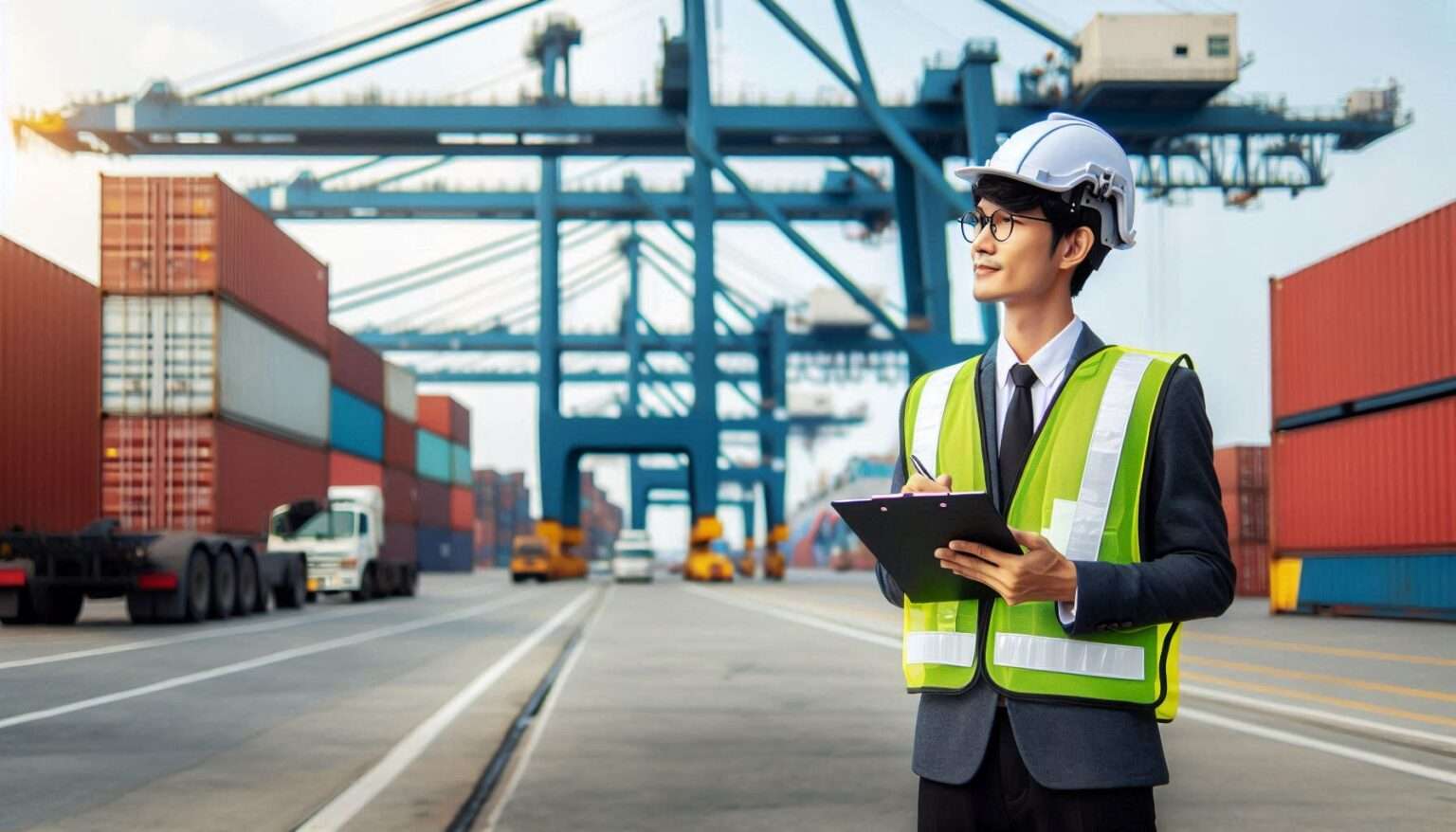In the realm of international trade, customs brokerage plays a pivotal role in ensuring the smooth flow of goods across national borders. Whether you’re a seasoned importer/exporter or just starting out in the world of global commerce, understanding the fundamentals of customs brokerage is essential.
Customs brokerage refers to the professional service of facilitating the clearance of goods through customs barriers for importers and exporters. It involves managing the complex documentation, calculations of duties and taxes, and ensuring compliance with governmental regulations and trade policies. Customs brokers play a crucial role in expediting the movement of goods across international borders while adhering to legal requirements, thus enabling smooth and efficient global trade operations.
What is Customs Brokerage?
Customs brokerage refers to the process of clearing goods through customs barriers for importers and exporters. It involves preparing and submitting documentation required for customs clearance, calculating and paying duties and taxes, and facilitating communication between importers/exporters and governmental authorities.
Subscribe to the Ex-works24/7 newsletter
Key Players Involved:
Customs Broker: Licensed individual or firm authorized to act on behalf of importers/exporters to ensure compliance with customs regulations.
Importer/Exporter: Businesses or individuals shipping goods across international borders.
Bureau of Customs (BOC): Philippine government agency responsible for assessing and collecting duties, taxes, and fees on imported goods.
Licensing and Regulation:
Customs Broker’s License: Issued by the Professional Regulation Commission (PRC) upon passing the customs broker licensure examination.
Customs Administration Act: Governs customs procedures in the Philippines, outlining the duties and responsibilities of customs brokers and importers/exporters.
Responsibilities of Customs Brokers:
Documentation: Prepare and submit necessary paperwork such as import/export declarations, permits, and clearances to BOC.
Duty Calculation: Calculate applicable duties, taxes, and fees based on the goods’ classification and value.
Compliance: Ensure all imports/exports comply with local laws, regulations, and international trade agreements.
Communication: Act as a liaison between importers/exporters and BOC officials to resolve issues and ensure smooth clearance.
Process Overview:
Preparation: Gather required documentation (commercial invoice, packing list, bill of lading, etc.) from the importer/exporter.
Submission: Submit documents to BOC through the Electronic-to-Mobile (e2m) system or manually at the customs office.
Assessment: BOC assesses the documents and determines duties, taxes, and fees payable.
Clearance: Once fees are paid, BOC issues a customs release order (CRO) for the goods to be released.
Delivery: Goods are released to the importer/exporter for delivery to their final destination.
Challenges and Considerations:
Tariff Classification: Accurate classification of goods is crucial for proper duty assessment.
Customs Valuation: Ensuring the declared value of goods aligns with customs requirements.
Regulatory Changes: Keeping up-to-date with changes in customs regulations and trade policies.
Conclusion: Customs brokerage in the Philippines is integral to facilitating international trade by ensuring compliance with customs regulations and timely clearance of goods. Importers and exporters rely on licensed customs brokers to navigate the complexities of customs procedures and facilitate smooth transactions. Understanding these basics is essential for anyone involved in importing or exporting goods to or from the Philippines, ensuring compliance and efficiency in international trade operations.
Frequently
Asked Questions
Common documents include:
- Commercial invoice
- Bill of lading
- Packing list
- Import/export permits
- Customs declarations
Importers must provide accurate information and documentation to their customs broker, pay applicable duties and taxes, ensure compliance with regulations, and maintain records of imports.
While both customs brokers and freight forwarders play roles in international trade, a customs broker focuses specifically on customs clearance and compliance, whereas a freight forwarder coordinates the logistics of transporting goods, including booking cargo space and handling documentation.
Customs brokers offer a range of services, including:
- Preparing and submitting customs documentation
- Classifying goods and determining duties
- Coordinating with customs authorities
- Advising on compliance with regulations
- Handling customs inspections and audits
A customs broker is a licensed professional who helps importers and exporters navigate the complexities of customs regulations. They facilitate the clearance of goods through customs by ensuring compliance with all legal requirements.




